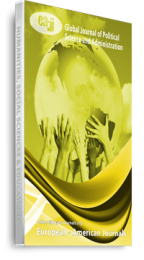The world economic depression that hit countries of the world and the inability of the super power nations, to salvage the economic predicaments of course necessitated the demand for a set of multi-lateral institutions to provide a safety net and to structure the economy of the post-colonial states of the global south. With this vision at heart, a meeting held in Bretton Woods, New Hampshire, in July 1944 spearheaded by the United State and United Kingdom founded the IMF (International Monetary Fund), World Bank, and the ITO (International Trade Organization) among others. Thus, these institutions are referred to as the Bretton Woods Institutions. The Bretton Woods Institutions are cogent institutions that have been involved in economic development in post-colonial states. However, there are controversies regarding whether they (Bretton Woods) facilitate or hinder the economic prospects of post-colonial states. This paper attempts to interrogate their roles in the economic development of the global south, in relation to the unending underdevelopment of the region. The claim of it being a means of promoting growth does not seem to manifest in many post -colonial states of the south, endowed with large availability of natural resources but still lingering in abject poverty and depending on the western world for survival. The research shall also shed light on whether the liberalization efforts of these Bretton woods institutions are geared towards more development in a fine economy than one lagging behind and needing serious intervention.
Keywords: Underdevelopment, bretton woods, global south, post-colonial states

